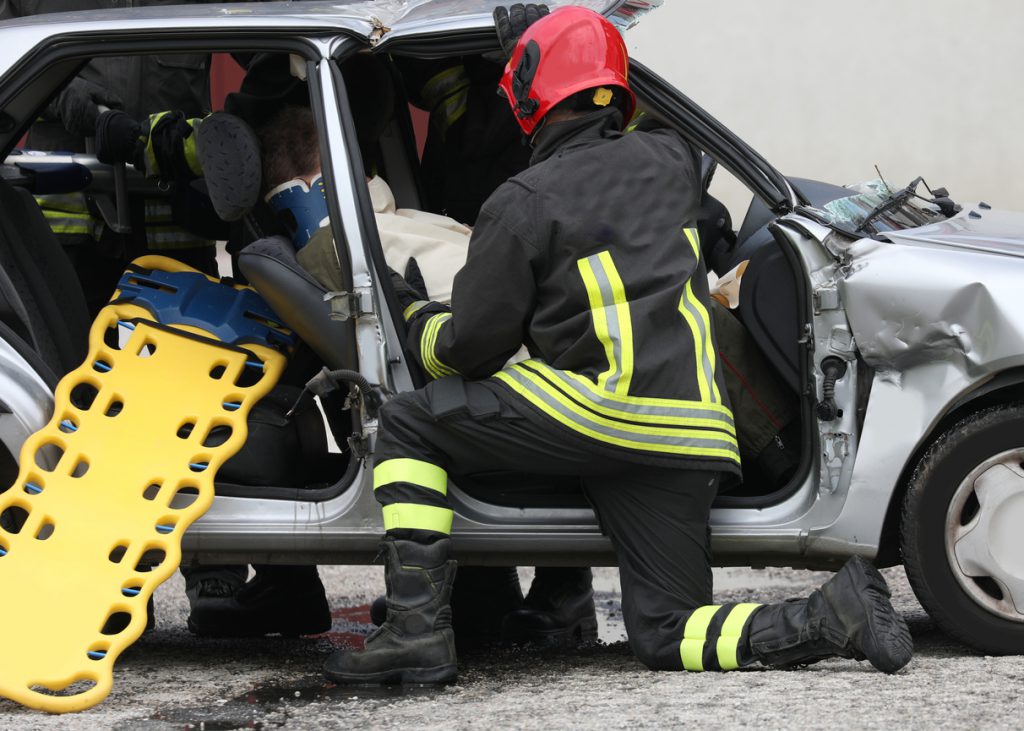Road safety in Malta – a year-round responsibility

The way Malta addresses road safety, particularly drink-driving, often feels like a seasonal exercise. Police statements published during the festive season highlight intensified enforcement efforts—yet they inadvertently expose a systemic flaw: road safety appears to peak in importance at specific times, only to fade into the background as the calendar turns.
This past holiday season, the police conducted over 170 road checks, stopped more than 4,700 vehicles, and issued over 400 contraventions. Violations included driving without a displayed license, using mobile phones while driving, and failing to wear seat belts. Speeding remained a notable issue, with over 85 contraventions recorded using speed guns. Breathalyzer tests revealed 11 individuals driving under the influence, and several vehicles were towed due to drivers lacking valid licenses.
While these efforts are commendable, the timing raises questions. The intensified enforcement during the last ten days of December creates a perception—whether accurate or not—that road safety is a seasonal priority. The sharp focus during this period contrasts starkly with what many perceive as lax enforcement for the rest of the year.
The festive season’s low number of reported drink-driving cases—just 11—might suggest a positive behavioural shift among drivers. However, this figure could also hint at underreporting or insufficient testing. The subsequent tragic fatalities of a 25-year-old motorist in Attard and a 24-year-old pedestrian in Fgura in the first week of the new year underscore the ongoing risks on Maltese roads, even at the start of a new year.
Road safety requires sustained effort
Road safety cannot be treated as a temporary campaign. The police’s efforts during the festive season should serve as a baseline for year-round enforcement. Beyond awareness and enforcement, however, Malta needs a dedicated, evidence-driven approach to road safety.
Establishing a specialized body focused on road safety could be the catalyst for lasting change. This entity could analyze the wealth of data from magisterial inquiries, examine trends, and learn from best practices abroad. Countries like the UK, with initiatives such as Road Safety GB, have shown how dedicated research and strategic action can significantly improve road safety.
When was the last time Malta hosted a national conference on road safety? What qualitative research has been undertaken to complement the National Statistics Office’s quantitative data? These are gaps that demand urgent attention. Such efforts would not only provide actionable insights but also foster a culture of safety that extends beyond enforcement.
A call to action
Reducing fatalities and making Malta’s roads safer requires a multifaceted approach. Awareness campaigns and strict enforcement are essential, but they must be supported by research-driven strategies and continuous public engagement.
It is time for Malta to elevate its commitment to road safety. Let this not be a seasonal priority but a national mission—one that aspires to save lives through awareness, enforcement, and knowledge. Only then can we aspire to create roads that are not just functional but safe for all.
